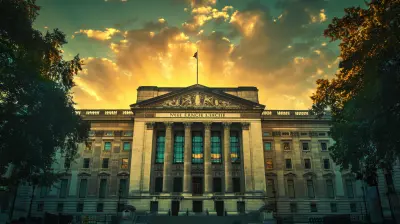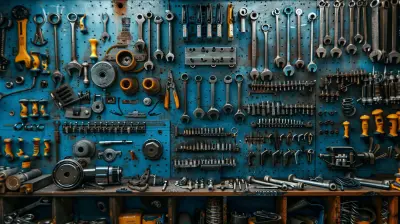Maintenance, Taxes, and Insurance: The True Cost of Homeownership
12 April 2025
So, you finally got the keys to your dream home? Pop the champagne and take a victory lap around your shiny new living room. But hold up—before you start picking out furniture and planning housewarming parties, let’s talk about the not-so-glamorous side of homeownership. You know, the part that drains your wallet when you least expect it—maintenance, property taxes, and insurance.
Owning a home isn’t just about paying the mortgage. That’s just the tip of the financial iceberg, my friend. The real costs lurk in the shadows, waiting to slap you with a surprise bill when you least expect it. So, grab a coffee (or something stronger), and let’s dive into what it really costs to own a home.
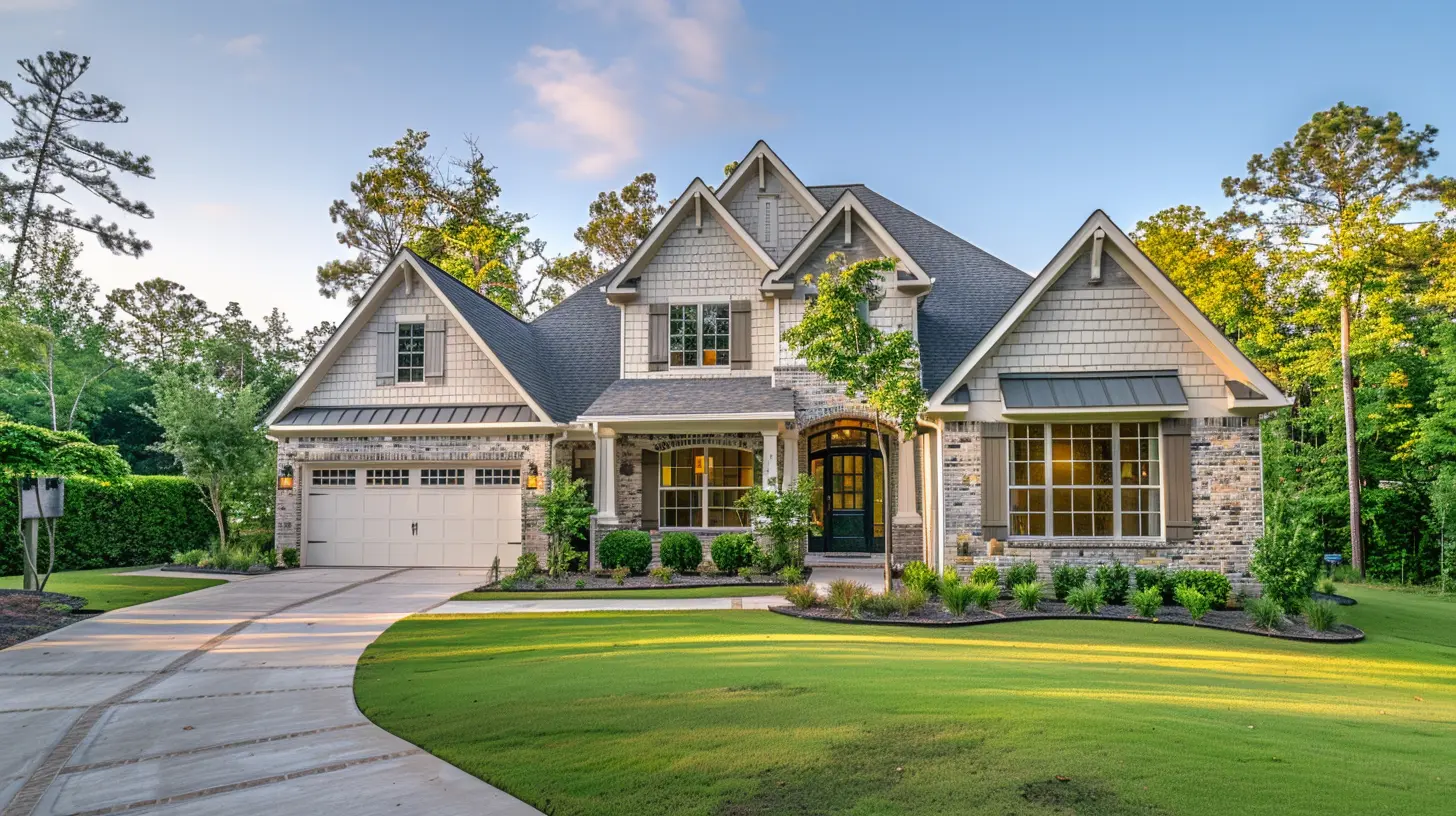
The Hidden Costs That No One Warns You About
Everyone talks about saving up for a down payment, but what about all the other little (and not-so-little) expenses that creep up month after month? Owning a home is a marathon, not a sprint, and if you're not prepared, it can feel like you're hemorrhaging money at every turn.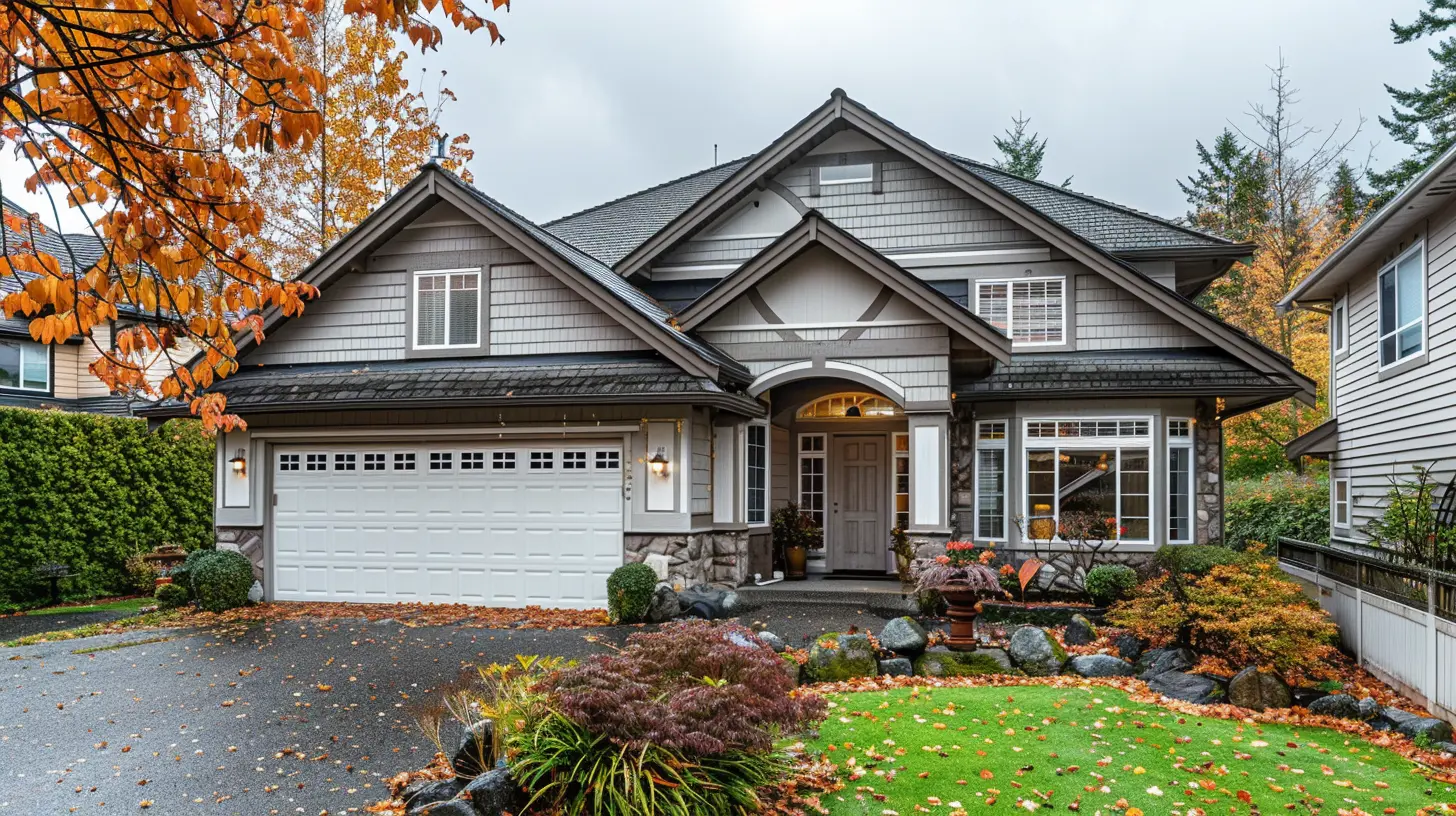
1. Home Maintenance: Say Goodbye to Your Free Weekends
Let’s keep it real—your house is basically a needy toddler that never stops demanding attention. Things break, wear out, and sometimes just decide to malfunction out of sheer spite.Routine Maintenance Costs
Regular upkeep is non-negotiable unless you enjoy living in a money pit. Here’s what you’ll need to budget for:- HVAC servicing – Want your AC to work when it's 100 degrees? Get that unit checked at least once a year.
- Plumbing check-ups – Because an emergency plumber costs more than your weekend getaway.
- Roof inspections – A small leak now can turn into a horror movie-level disaster later.
- Gutter cleaning – Ignore this, and you’ll have water seeping into places it shouldn’t.
On average, homeowners should budget 1-3% of the home’s value per year for maintenance. So if your house is worth $300,000, that’s $3,000–$9,000 per year. Ouch.
Emergency Repairs: Budget or Cry Later
Stuff happens. A busted water heater, a dead furnace, or a broken dishwasher can hit you without warning. Having an emergency fund with at least $5,000 set aside specifically for home repairs can save you from financial ruin.2. Property Taxes: The Bill That Never Stops Growing
If you thought the mortgage was your biggest expense, think again. Property taxes are like that pesky gym membership you can't cancel—they keep coming, and they only go up.How Are Property Taxes Calculated?
Your local government calculates property taxes based on the assessed value of your home and the local tax rate. The more desirable your area, the higher your tax bill.For example, if your home is valued at $350,000 and the tax rate is 1.5%, you’ll owe $5,250 per year—whether or not you’re actually using any of those fancy city services.
Why Do Property Taxes Keep Increasing?
- Rising home values mean higher assessments.- Local governments raise rates to fund schools, roads, and community projects.
- If your area is booming, prepare for bigger tax hikes.
Pro tip: You can sometimes appeal your home’s assessed value if you think it’s too high. But good luck with that bureaucratic nightmare.
3. Homeowners Insurance: Protection You Can’t Skip
If you thought skipping homeowners insurance was a way to save money, think again. Not only is it usually required by mortgage lenders, but it’s also your financial safety net when disaster strikes.What Does Homeowners Insurance Cover?
- Structural damage – Fire, storms, and sometimes even vandalism.- Personal property – Your TV, furniture, and that ridiculously expensive coffee maker.
- Liability protection – If someone gets hurt on your property, you’re covered (so long as you weren’t doing something truly dumb).
The average homeowners insurance policy costs between $1,500 and $3,000 per year—but if you live somewhere prone to hurricanes, floods, or earthquakes, expect to pay significantly more.
Flood and Earthquake Insurance: The Extra Policies No One Wants to Pay For
Your standard homeowners insurance doesn’t cover floods or earthquakes. If you live in a risky area, you’ll need separate policies, which can easily add another $1,000+ per year to your expenses.4. HOA Fees: The Price of Living in a ‘Nice’ Neighborhood
If you’re in a community with a homeowners association (HOA), congratulations! You just signed up for another monthly bill.HOA fees cover amenities like landscaping, security, and swimming pools. The downside? They can range from $100 to $500 per month, depending on where you live.
And if you think you can ignore those fees—good luck! HOAs have the power to place a lien on your home if you don’t pay up.
5. Utilities and Bills: Because Nothing Is Free
Aside from the big-ticket expenses, let's not forget about:- Electricity – Running the AC all summer? Prepare for a shocking bill.
- Water and sewer – You pay for every drip.
- Trash collection – Because yes, you even have to pay to get rid of your garbage.
- Internet and cable – Streaming your favorite shows? That’s another monthly cost.
6. Home Upgrades: The Never-Ending Wishlist
Oh, you thought your home would stay perfect forever? Think again.- New appliances – Your fridge won’t last forever.
- Bathroom and kitchen upgrades – At some point, that ‘vintage’ tile will need an update.
- Exterior upkeep – Fresh paint, lawn care, and driveway repairs—because letting your house crumble is not an option.
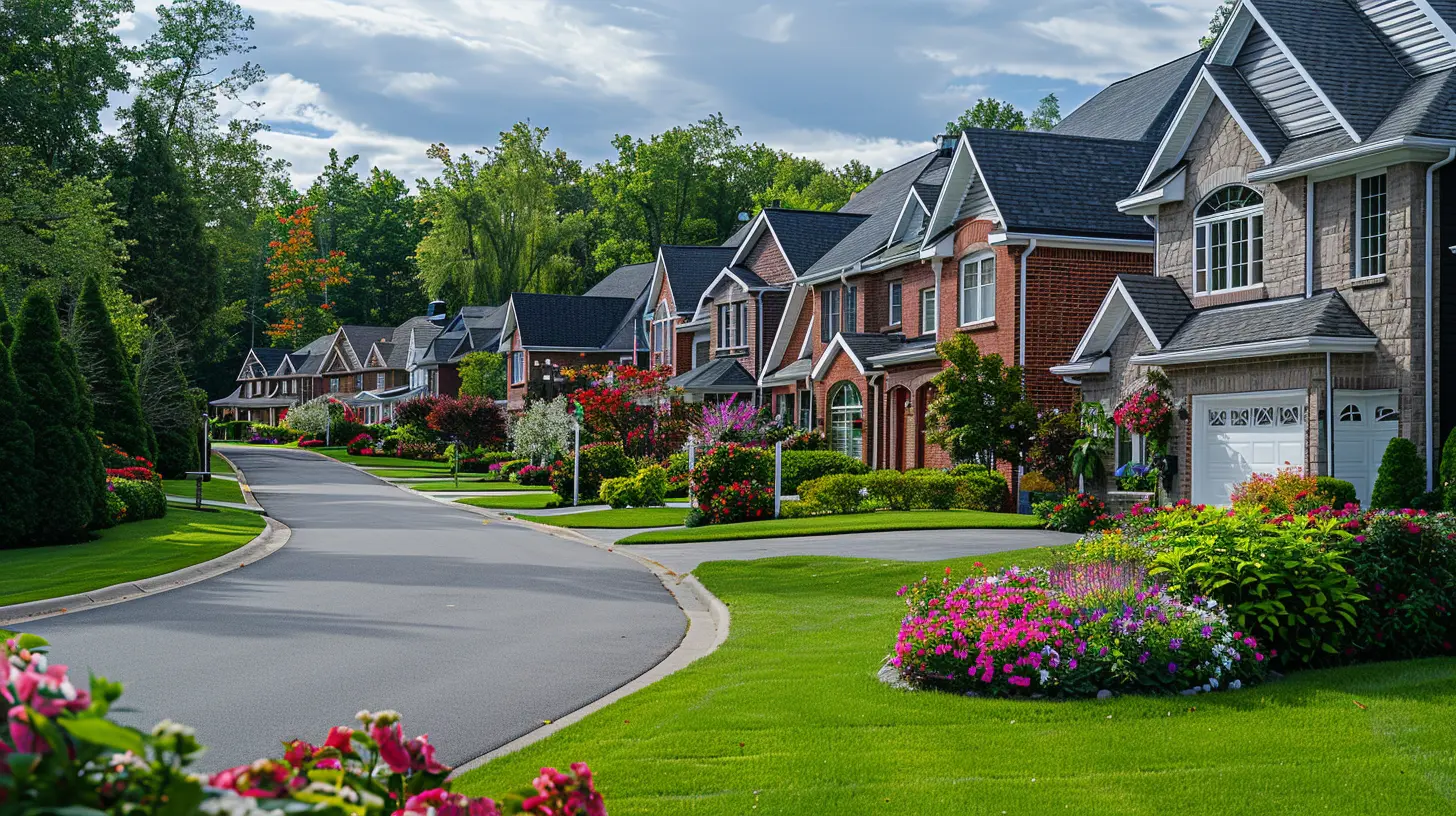
The Real Cost of Owning a Home
So, what’s the grand total of these hidden costs? Let’s break it down for an average $300,000 home:| Expense | Annual Cost Estimate |
|---------|----------------------|
| Maintenance & Repairs | $3,000 - $9,000 |
| Property Taxes | $3,000 - $6,000 |
| Homeowners Insurance | $1,500 - $3,000 |
| HOA Fees (if applicable) | $1,200 - $6,000 |
| Utilities | $2,400 - $4,800 |
| Total | $11,100 - $28,800 (or more!) |
Yep. Owning a home comes with a hefty price tag beyond the mortgage.
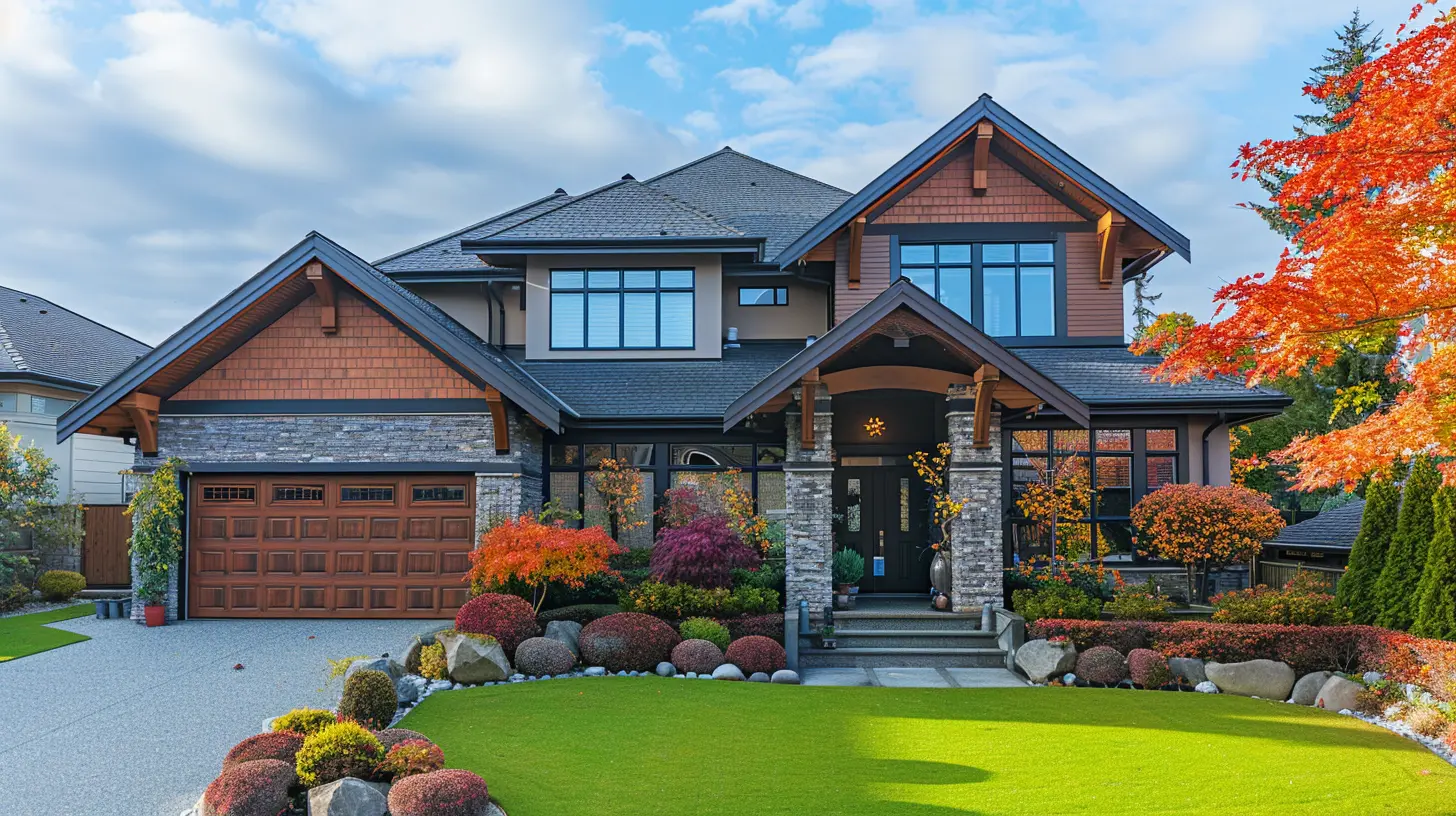
Final Thoughts: Is Homeownership Worth It?
Absolutely! But only if you go in with your eyes wide open. The biggest mistake new homeowners make is underestimating the actual costs of maintaining a house.So, before you sign on the dotted line, ask yourself:
- Do I have an emergency fund for unexpected repairs?
- Can I handle rising property taxes?
- Am I ready for ongoing maintenance costs?
If you answered yes, welcome to the wonderful (and sometimes painful) world of homeownership. If not, renting might not be such a bad idea after all.
Either way, at least now you know what you’re getting into—no sugarcoating, no surprises, just the brutal financial truth.
all images in this post were generated using AI tools
Category:
Mortgage TipsAuthor:

Yasmin McGee
Discussion
rate this article
5 comments
Echo McKay
Homeownership is an investment in your future! While maintenance, taxes, and insurance may seem daunting, they pave the way for long-term stability and growth. Embrace the journey, and remember: every challenge is an opportunity to thrive!
May 3, 2025 at 3:06 AM

Yasmin McGee
Thank you for your insightful comment! Homeownership indeed offers long-term benefits despite its challenges. Embracing the journey can lead to valuable growth and stability.
Miles McCune
In the tapestry of home, costs entwine, Maintenance whispers, taxes align, Insurance, a guardian, steadfast and near, Each thread weaves a tale of love and fear. Homeownership's dance, a balance to find, Value thrives, yet burdens bind.
April 16, 2025 at 7:11 PM

Yasmin McGee
Thank you for capturing the complex emotions and responsibilities of homeownership so beautifully! Your poetic perspective highlights the delicate balance we navigate in maintaining our homes.
Theodore Forbes
Great insights! Understanding the true costs of homeownership is vital for making informed financial decisions. While maintenance, taxes, and insurance can seem daunting, they also protect your investment and enhance long-term value. Embrace the journey, and remember that a well-managed home is a rewarding asset!
April 14, 2025 at 6:42 PM

Yasmin McGee
Thank you! I’m glad you found the insights valuable. Understanding these costs truly makes a difference in homeownership success.
Rachael Mercado
In the dance of homeownership, hidden costs reside, Maintenance whispers, taxes call, insurance by our side. Beneath the beams and walls, those truths we must align, For every dream of shelter holds a price, divine.
April 13, 2025 at 12:10 PM

Yasmin McGee
Thank you for capturing the essence of homeownership. It’s a delicate balance of dreams and responsibilities, and your poetic take highlights the often-overlooked realities beautifully!
Aubrey Roth
Homeownership's hidden costs reveal the importance of budgeting beyond just mortgage payments.
April 12, 2025 at 7:31 PM

Yasmin McGee
Absolutely! Many homeowners overlook expenses like maintenance, taxes, and insurance, which are crucial for a comprehensive budget. It's essential to account for these hidden costs to ensure long-term financial stability.


